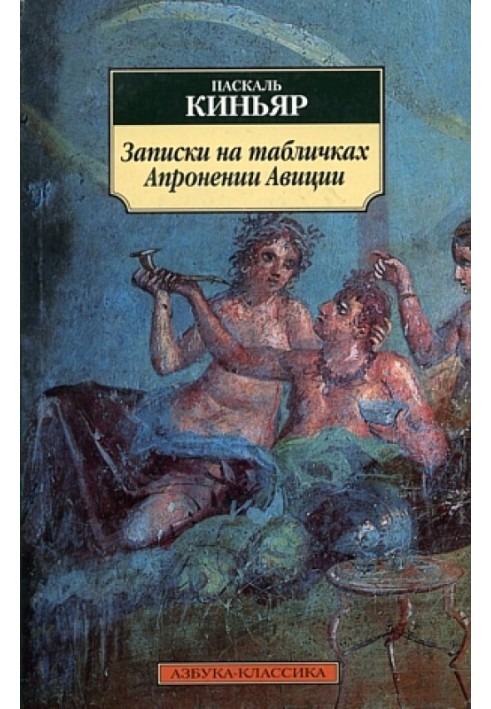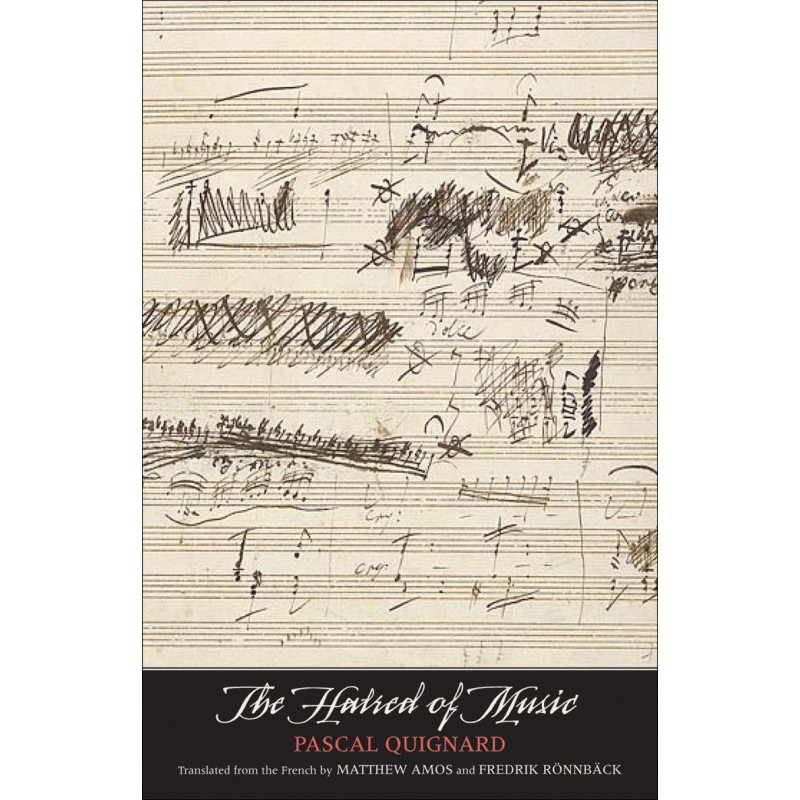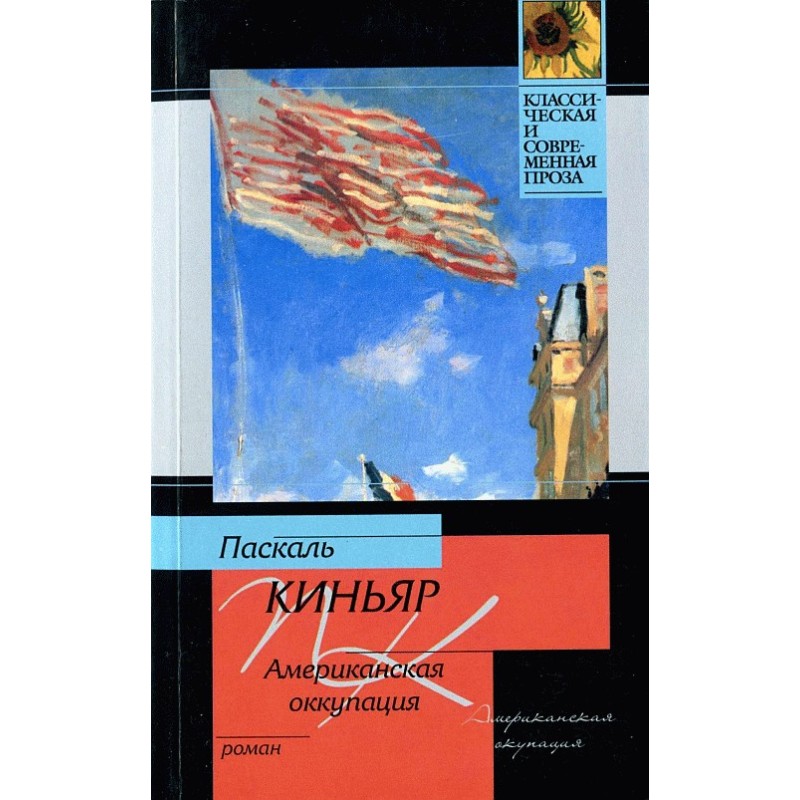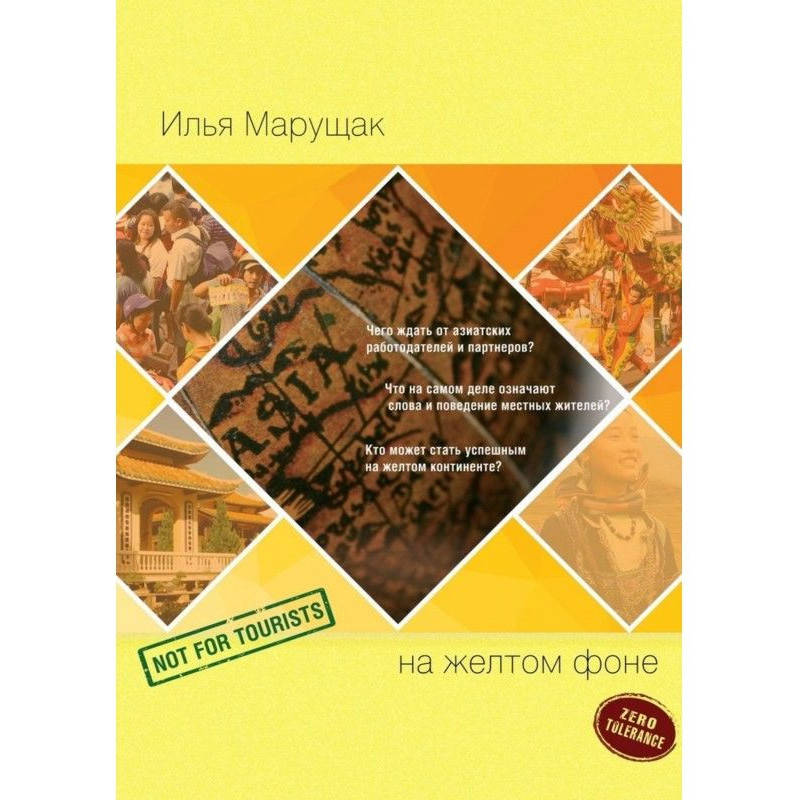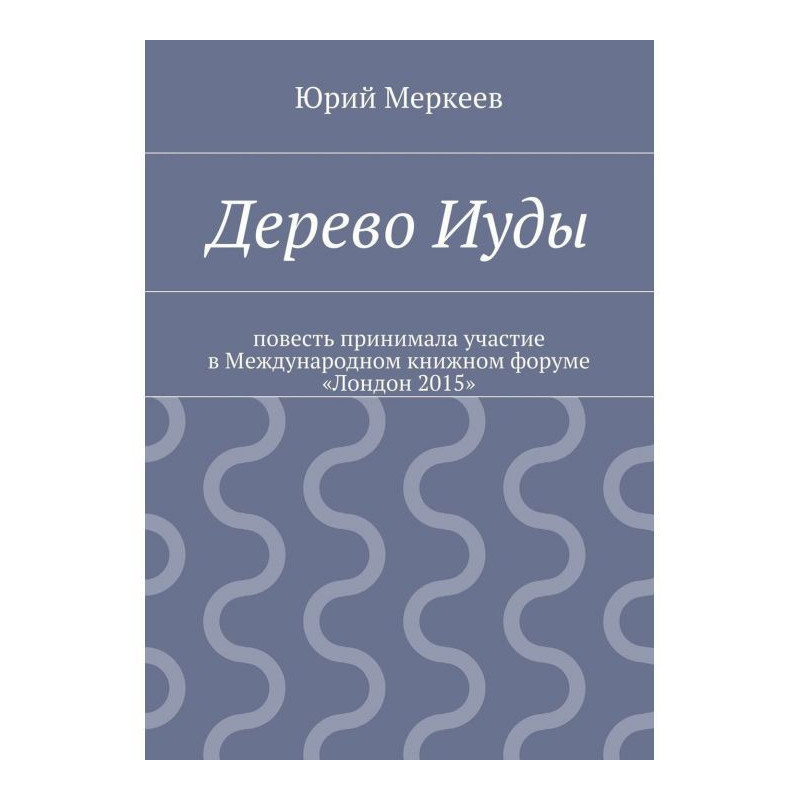Notes on the tablets of Apronenia Avicia
 Instant download
Instant download
after payment (24/7)
 Wide range of formats
Wide range of formats
(for all gadgets)
 Full book
Full book
(including for Apple and Android)
Pascal Quignard is one of the most significant writers of modern France. Critics admit that the work of this prose writer, rightfully crowned with the Goncourt Prize in 2002, hardly lends itself to the usual classification. For his images, hovering in the magic triangle between the philosophical essay, the novel and high poetry, there are no ready-made expressions, no words from the usual vocabulary. At the end of the 4th century AD, a fifty-year-old patrician living in Rome begins to keep a diary, or rather, something like a diary. On wax tablets she writes down her purchases, financial receipts, and funny and touching scenes. Over the course of twenty years, while records are being kept, the Roman Empire decays, the power of Christianity increases, the Goths besiege Rome three times, and Apronenia Avicius scrupulously points out how many bags of gold came from the province, reminds himself that he needs to add three spoons of snow to the wine, and monitors the flight swallows, dispassionately or with sudden bitterness, records the signs of his own old age, the decrepitude of friends and lovers. And these femininely inconsistent notes contain a substance of such concentration that the time locked in the bottle knocks out the cork and the tart aroma of the era spreads in the air, which is sometimes worth the weighty volumes of Titus Livius. The novel “Notes on the Tablets of Apronenia Avicia” (1984) by P. Quignard - one of the most striking events in European prose of the late 20th century. Kignard's prose - laconic and surprisingly capacious - recreates the patrician world of Ancient Rome, amazingly with an unprecedentedly accurate fit into the atmosphere of the era.
Data sheet
- Name of the Author
- Паскаль Киньяр
- Language
- Russian
- Translator
- Ирина Яковлевна Волевич
Reviews
Неперевершене поєднання історії та особистого
"Записки на табличках Апроненії Авіції" - це вражаюча книга, що поєднує в собі історичні факти та особисті переживання. Паскаль Кіньяр вміло передає атмосферу епохи, в якій живе його героїня, і через призму її записів ми можемо спостерігати за змінами в суспільстві та культурі. Апроненія Авіція стає для читача близькою, її переживання та спостереження викликають співчуття та розуміння. Ця книга - не просто історія, а справжня медитація над життям, часом і людськими стосунками. Рекомендую всім, хто цінує глибокі та змістовні твори.
Чарівна, але важка для сприйняття
"Записки на табличках Апроненії Авіції" - це книга, яка, безумовно, заслуговує на увагу, але не всім вона буде до вподоби. Паскаль Кіньяр створює неймовірну атмосферу, але його стиль може бути важким для сприйняття. Часом я відчувала, що записи Апроненії занадто розпорошені, і важко було слідкувати за основною лінією сюжету. Проте, незважаючи на це, книга залишає по собі глибокий слід і змушує задуматися про життя, старіння та історію. Якщо ви готові до викликів у літературі, ця книга точно варта вашої уваги.
Вражаюча подорож у часі та емоціях
Книга "Записки на табличках Апроненії Авіції" є справжнім шедевром, що поєднує в собі філософію, поезію та прозу. Паскаль Кіньяр майстерно переносить читача в епоху занепаду Римської імперії, де звичайні записи про покупки та фінансові надходження стають вікном у світ, сповнений глибоких переживань та історичних змін. Апроненія Авіція, як персонаж, вражає своєю простотою та водночас складністю, її спостереження за навколишнім світом та особистими переживаннями викликають глибокі емоції. Ця книга не лише про історію, а й про людські стосунки, старіння, втрати та надії. Рекомендую всім, хто цінує літературу з глибоким змістом!
Складна, але варта зусиль
"Записки на табличках Апроненії Авіції" - це книга, яка потребує уваги та зосередженості. Паскаль Кіньяр створює складний та багатогранний текст, який вимагає від читача глибокого занурення в матеріал. Деякі моменти можуть здаватися заплутаними, але врешті-решт, ця книга відкриває нові горизонти розуміння людського існування. Записи Апроненії - це не лише про її життя, а й про епоху, в якій вона живе, про зміни, які відбуваються навколо. Якщо ви готові до інтелектуального виклику, ця книга стане для вас справжнім відкриттям.
Незвичайний стиль і глибокий зміст
"Записки на табличках Апроненії Авіції" - це книга, яка вражає своїм незвичайним стилем. Паскаль Кіньяр створює образи, які важко описати словами, адже вони виходять за межі звичних жанрових рамок. Читання цієї книги - це як занурення в потік свідомості, де кожен запис Апроненії є частиною великої картини. Автор майстерно вплітає історичні події в особисті переживання героїні, що робить текст ще більш багатогранним. Однак, іноді мені здавалося, що деякі моменти занадто абстрактні, і це ускладнювало сприйняття. Проте, загалом, книга залишила приємне враження і змусила задуматися про багато речей.

